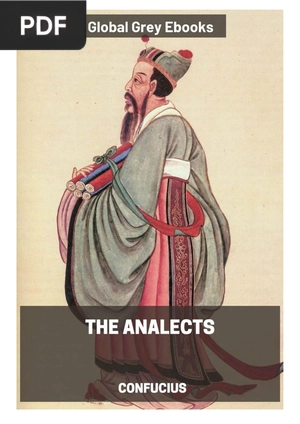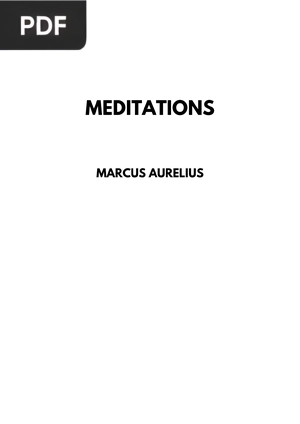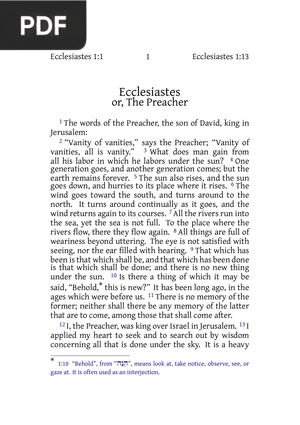Leaves of Grass
Author: Walt Whitman
*Please wait a few seconds for the document to load; the time may vary depending on your internet connection. If you prefer, you can download the file by clicking the link below.
Loading PDF...
Document Details
Title: Leaves of Grass
Author: Walt Whitman
Pages: 307
Size: 0.58 MB
Format: PDF





